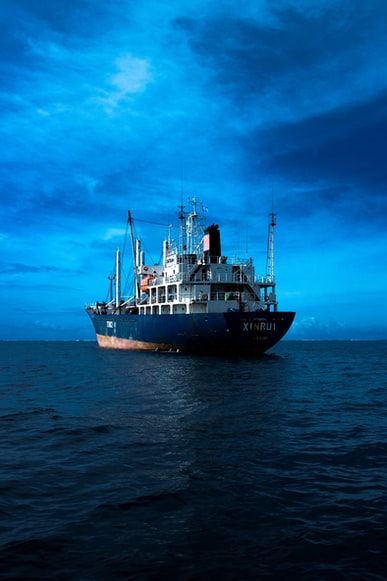Truck drivers, airline workers and seafarers warn that
restrictions around the COVID-19 pandemic are stretching supply chains to their
breaking points as movement of goods suffers across the world. The tangled
network of ports, container vessels and trucking companies can no longer efficiently
move stuff between corners of the world is the pandemic curbs draw out longer.
Also Read | Britain fuel crisis: Motorists urged not to use water bottles for hoarding
In an open letter to the United Nations General Assembly (UNGA),
the International Chamber of Shipping (ICS) and other industry groups have
warned of a global transport system collapse if governments do not restore
freedom of movement to transport workers and prioritise them for vaccination
drives.
Also Read | British PM Boris Johnson rides Amtrak train from New York to meet US President Joe Biden
“Global supply chains are beginning to buckle as two years’
worth of strain on transport workers takes their toll,” the groups wrote in their
open letter. The letter has also been signed by the International Air Transport
Association (IATA), the International Road Transport Union (IRU) and the
International Transport Workers’ Federation (ITF). Altogether, the signatories
represent 65 million transport workers globally.
Also Read | From COVID to Brexit: UK labour, food shortage explained
The letter added that all transport sectors are seeing a
shortage of workers, and expect more people to quit the sector over poor treatment
that they faced during the pandemic. This will put supply chains under great
threat, the letter said.
ICS Secretary Guy Platten said that worker shortages are likely
to worsen towards the end of the year because seafarers may not want to commit
to new contracts and risk not making it home for Christmas given port shutdowns
and constant changes to travel restrictions.
Also Read | UK supermarkets run out of water, milk as supply chain troubles persist
Supply-chain troubles began emerging a few months after the
pandemic upended international travel and movement of goods. Seafarers were
forced to remain locked up in their ships for weeks. Early in the pandemic,
many seafarers extended their contracts to keep global supplies of food, fuel
and medicine running as the grounding of other transport channels made it
impossible to swap crews. At the peak of the crisis in 2020, 400,000 seafarers
were unable to leave their ships for routine changeovers.
The supply-chain crisis has started hitting homes. The UK has
been running out of milk and water at its supermarkets and fuel in its car tanks,
all mostly because of a paucity of truck drivers. The British government has
had to hold back on implementing Brexit rules to buy some time.







